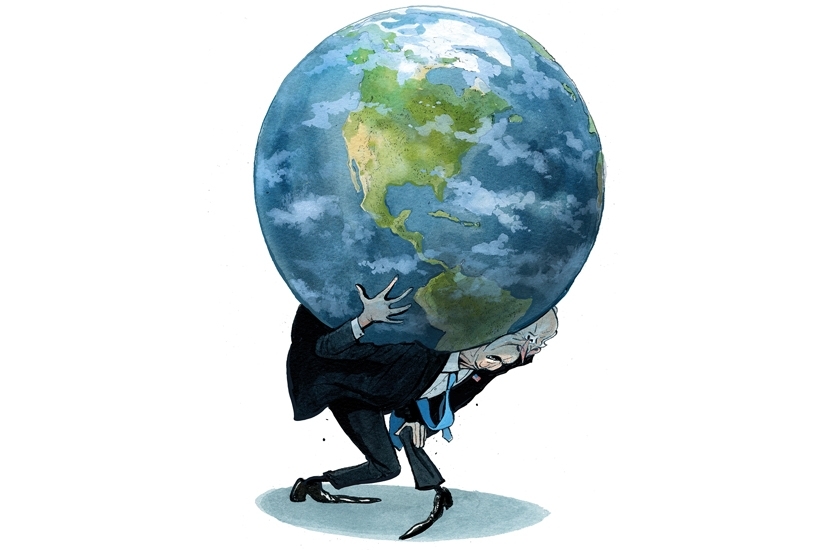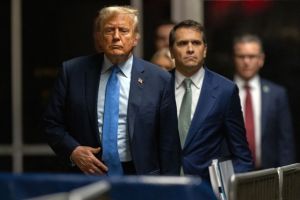It was meant to be a special relationship. After the tumultuous Trump years, President Biden was planning to reset relations with the European Union, Inherently liberal, rules-based and engaged with climate change, it would be a natural ally, far more so than a UK still tainted by Brexit. The Biden team were no doubt looking forward to working closely with officials in Brussels, Paris and Berlin to repair the damage of the last four years and put the world on a more rational course.
But hold on. It is not going according to plan. There are already reports that the White House is growing increasingly frustrated with the EU. And in truth, that rift is only going to get wider and wider in the months to come.
It is not hard to see why the President is getting tetchy. At the precise moment when the new administration was trying to work out a robust response to China, the EU signed a trade and investment agreement that asked for nothing on human rights and seemed designed only to sell more German cars and machine tools to the country. Likewise, the EU has been getting closer to Moscow at a time when President Putin is becoming increasingly authoritarian. Even as Alexei Navalny was jailed, the EU’s foreign affairs spokesman sailed into Moscow with hardly a word of criticism. A united Western response? Not really.
And yet, that is just for starters. It is going to get a lot more tense from here on. There are three reasons for that. First, an increasingly mercantilist EU led by Germany is determined to put its own economic interests first. In practice, that will mean doing as much business with China and Russia as possible, despite American objections. The EU talks a lot about how it wants to craft a foreign policy, but it doesn’t seem to have much of an idea what that might consist of, apart from exporting as much of everything as it possibly can to try and keep its economy alive.
Next, the EU is turning increasingly protectionist, with an emphasis on national champions. It has embarked on a crusade against the most successful part of the American economy, the technology giants, with a series of fines, threats and restrictions designed to curb their profits. It remains determined to promote the continent’s aerospace industry, even if that means hitting Boeing. And now with Tesla riding high, it is doing everything it can to make sure Europe’s auto giants can claw back the market for electric cars. It is hard to see how the Biden administration can do anything other than fight back.
Finally, President Biden’s big idea is for a green energy plan to dominate renewable and clean power. It is the centerpiece of his program. But the EU is embarked on precisely the same agenda, with the bulk of its €750 billion ($908 billion) coronavirus Rescue Fund aimed at exactly the same objective. You can’t have two global leaders in green energy. In reality, the conflict to dominate that industry will end up splitting the two sides even further.
President Biden may feel politically close to the likes of Angela Merkel and Emmanuel Macron. But as the EU just keeps throwing him problem after problem, the rift is just going to keep on growing.
This article was originally published on The Spectator’s UK website.


















